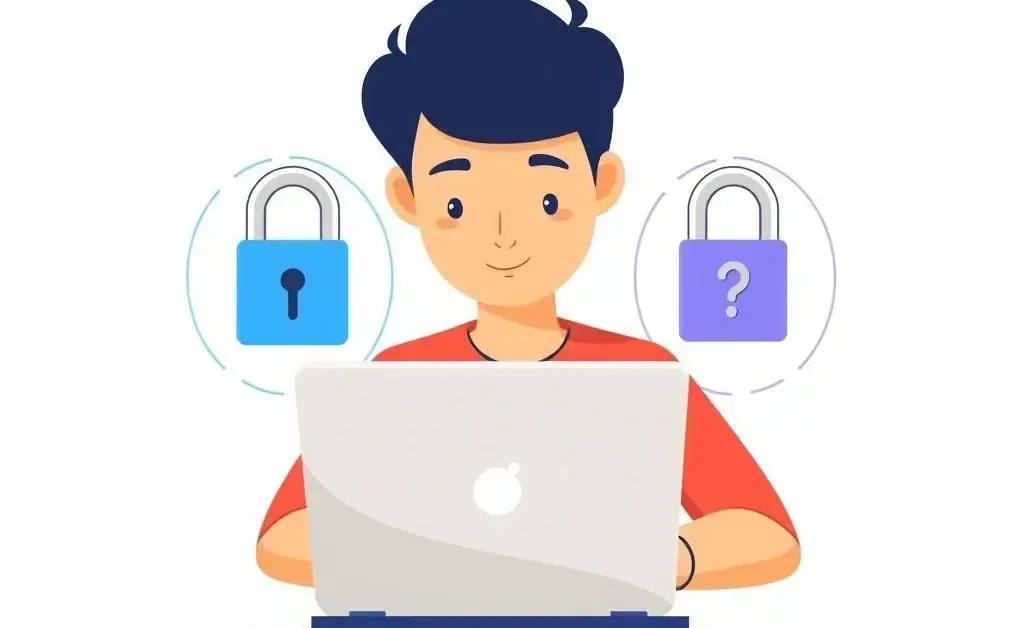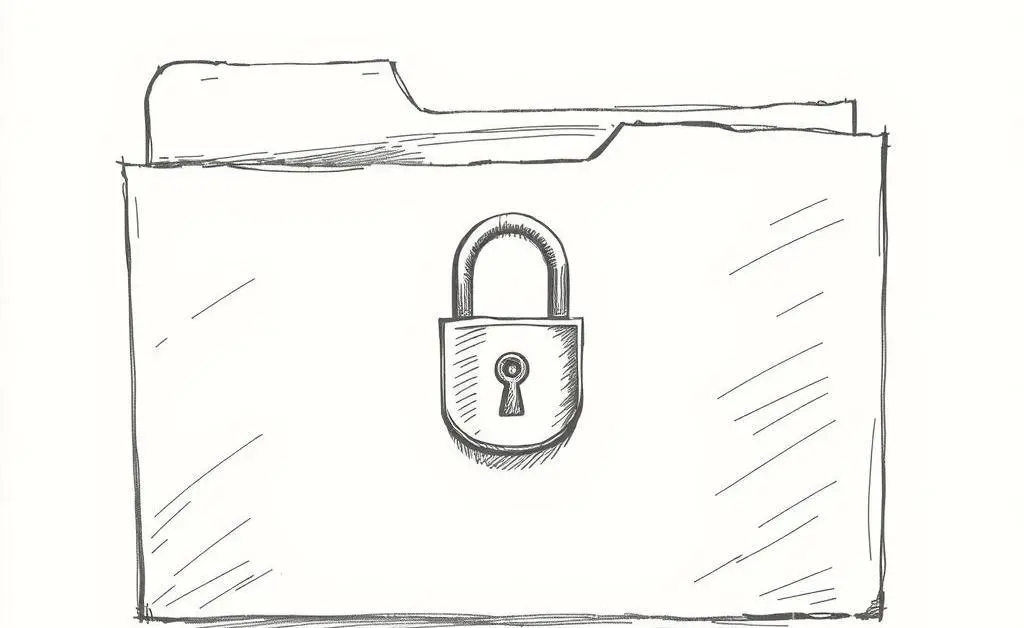How to Protect Your Personal Information from Credit Agencies
Learn essential tips to safeguard your information from credit agencies. Stay informed and secure.

Did you know that your personal information could be sold without you even knowing? Yep, that's right. Credit agencies often have access to a lot of your data, and sometimes, it ends up in places you might not expect. Don't panic, though; let's explore how you can protect yourself.
Why is Your Personal Information at Risk?
Credit bureaus gather a wealth of data on individuals. While this helps lenders assess your creditworthiness, it also means your personal data could be vulnerable if not properly protected. The good news is, there are steps you can take to safeguard your info.
Steps to Secure Your Personal Data
Whether you're applying for loans or just maintaining a good credit score, here are key actions to shore up your data security:
- Freeze Your Credit: A credit freeze is one of the most effective ways to prevent unauthorized access to your credit reports. It doesn't affect your credit score, and it's free!
- Keep Personal Documents Secure: Store important documents like your Social Security card and birth certificate in a safe place.
- Monitor Credit Reports Regularly: Keeping an eye on your credit reports can alert you to unauthorized transactions or accounts. You can request a free annual report from each of the three major bureaus.
A Personal Anecdote
Let me share a quick story. A friend of mine, let's call her Sarah, once discovered a line of credit had been opened in her name. After a brief panic, she realized she hadn’t been checking her credit report as often as she should have. By taking control and freezing her credit, Sarah avoided further issues, proving that a bit of vigilance goes a long way.
Staying Informed and Safe
In a digital age, where your data can be a click away from the wrong hands, staying informed is crucial. Consider signing up for credit monitoring or identity theft protection services, which can alert you to any unusual activity.

Final Thoughts
Protecting your personal data isn't just about being cautious; it's about empowering yourself with knowledge and tools. Have you taken steps to secure your credit information? What's worked best for you in keeping your data safe? Share your thoughts, and let's all learn more about keeping our personal data secure!




